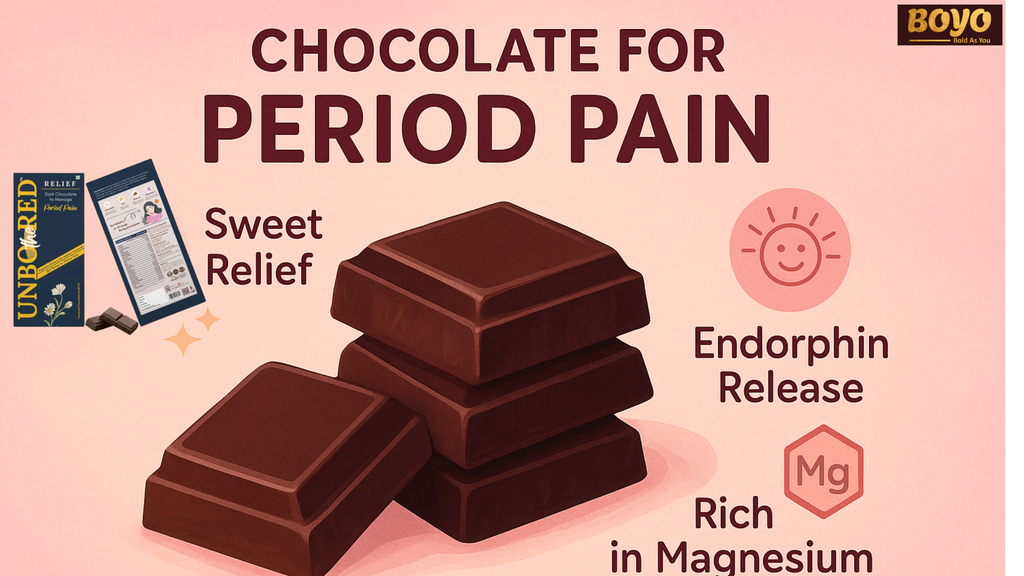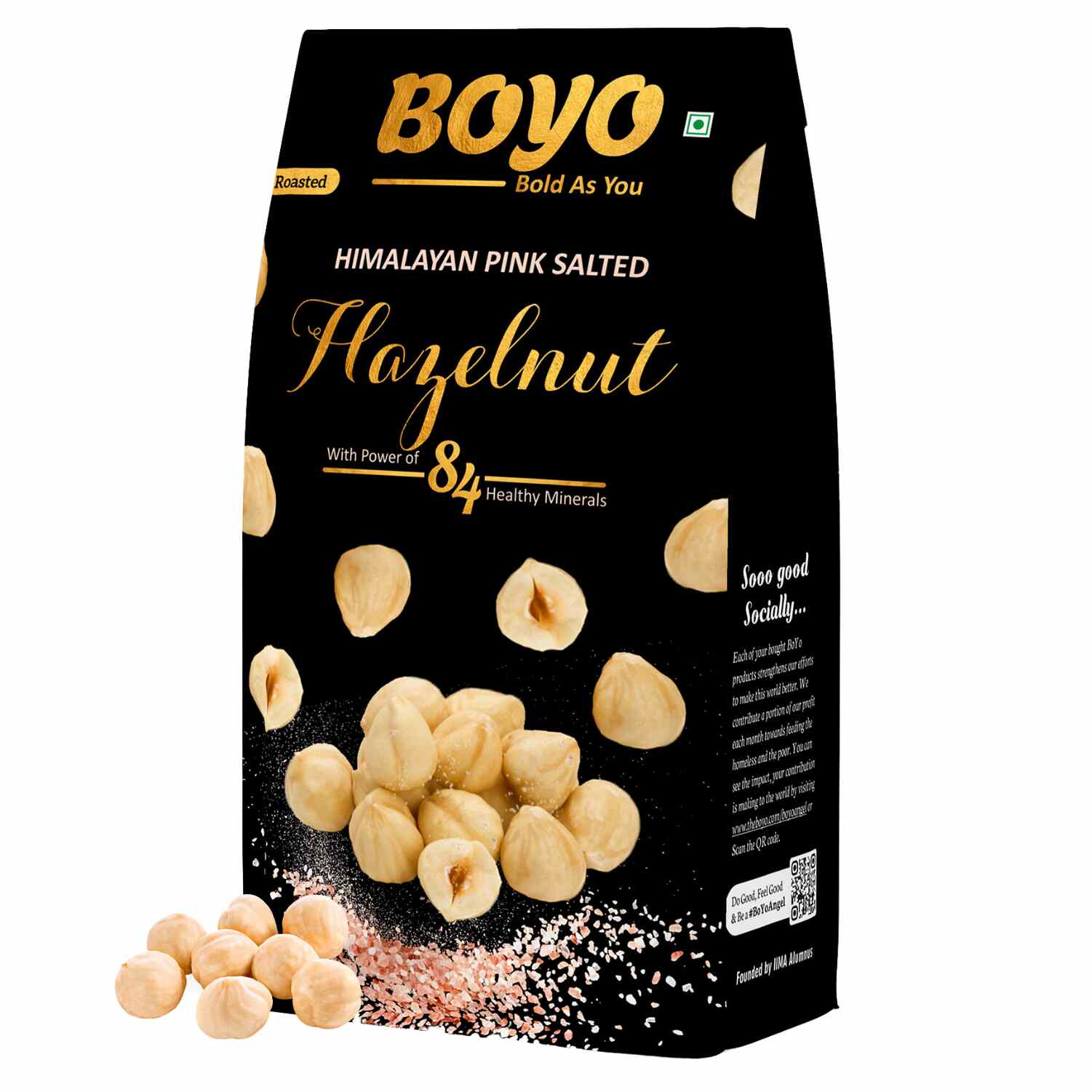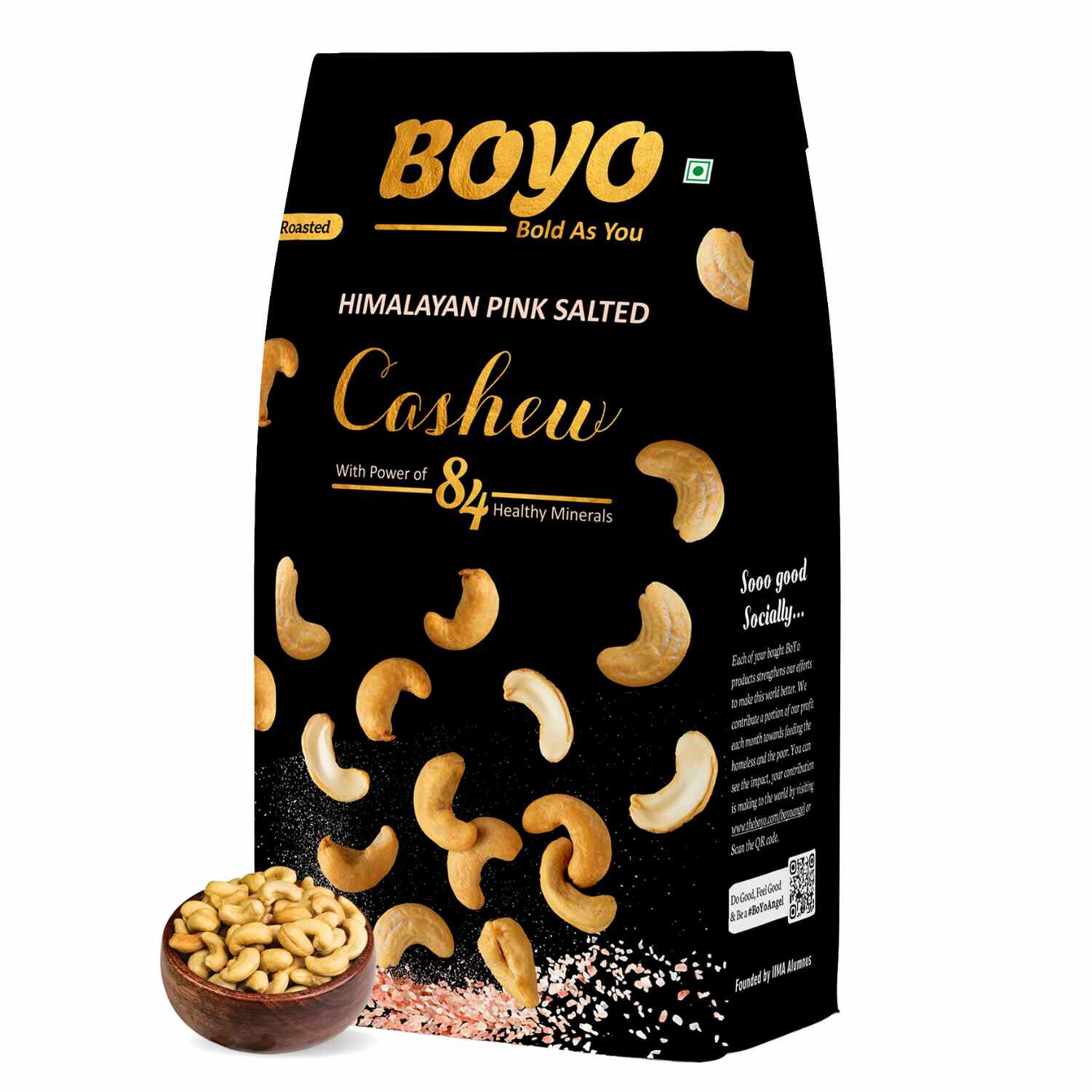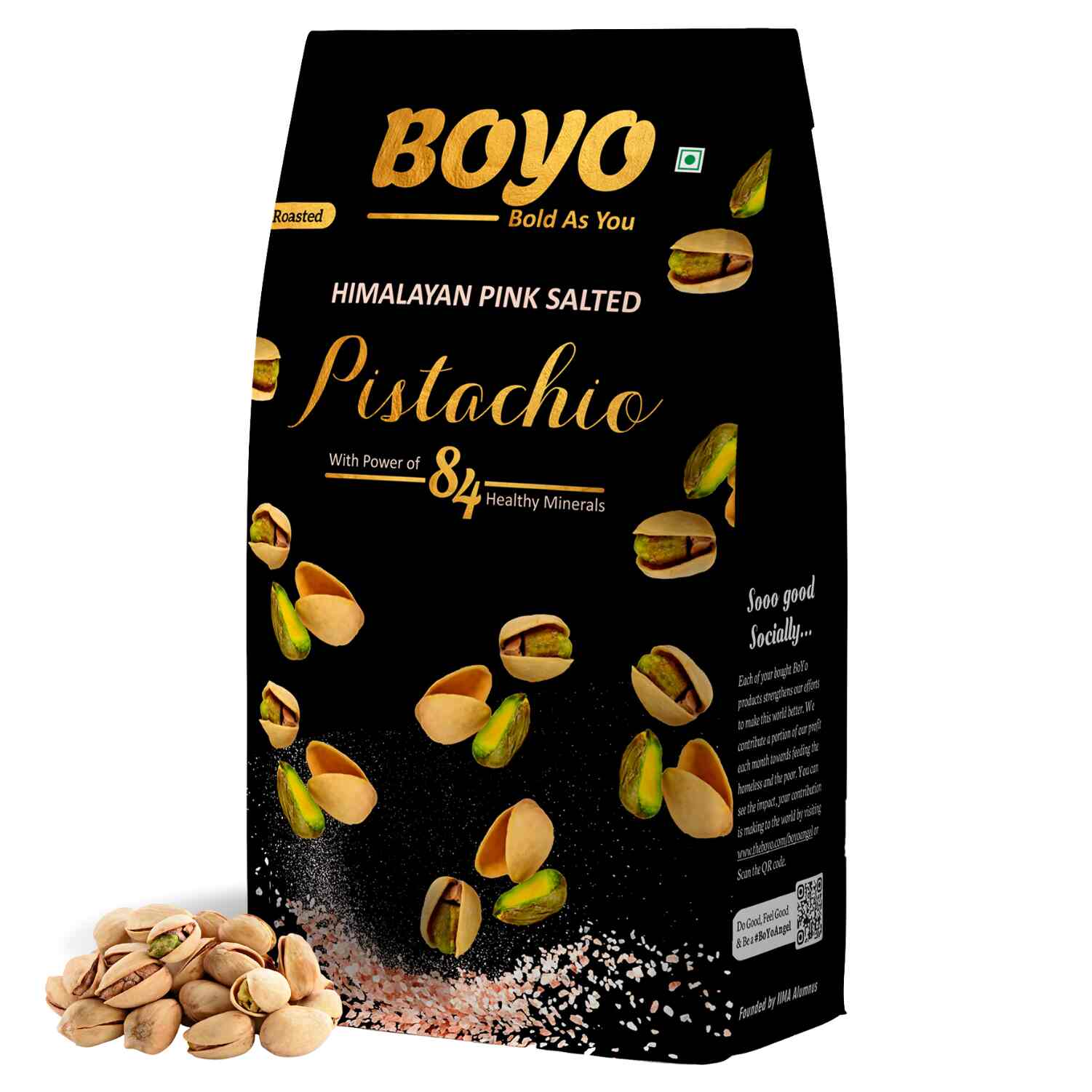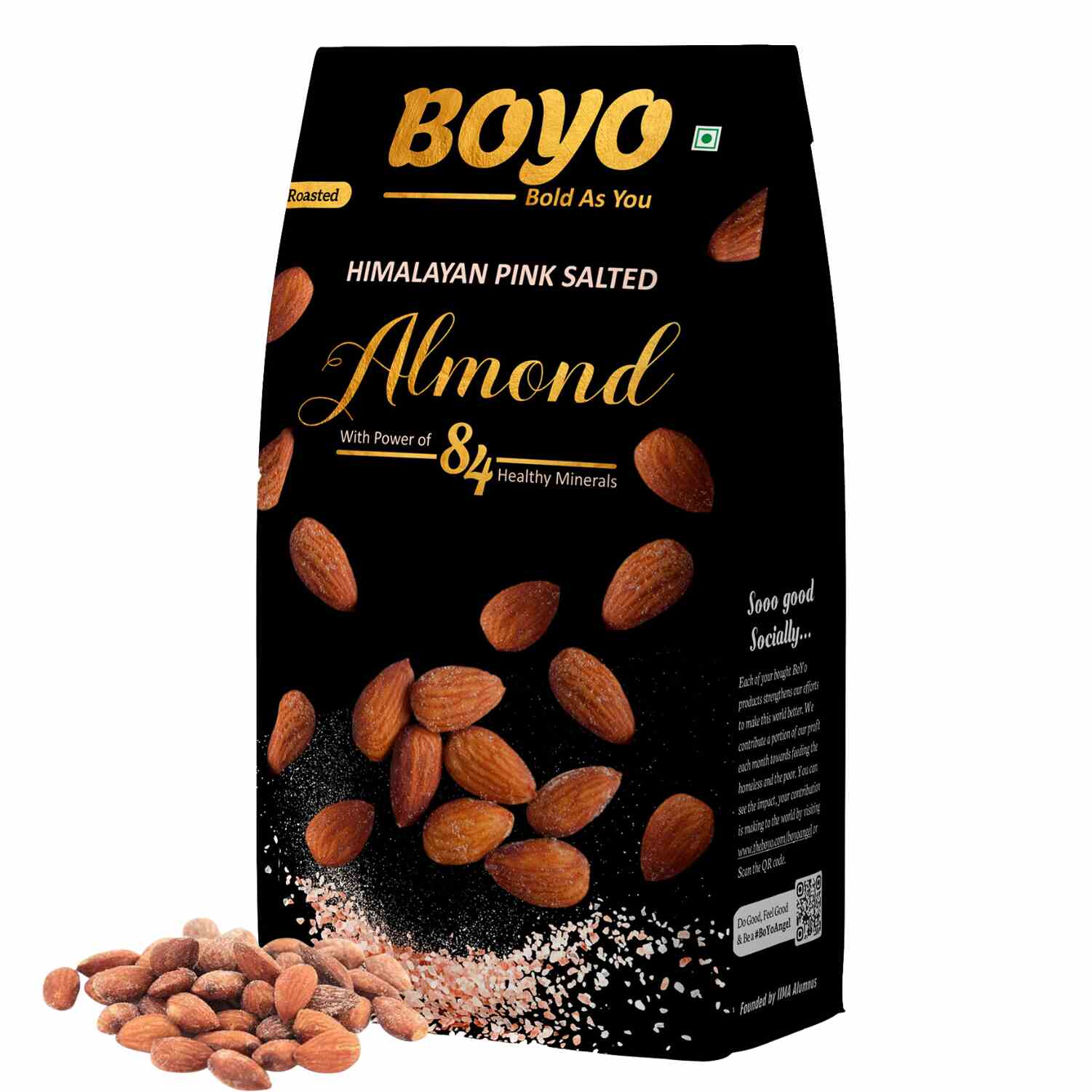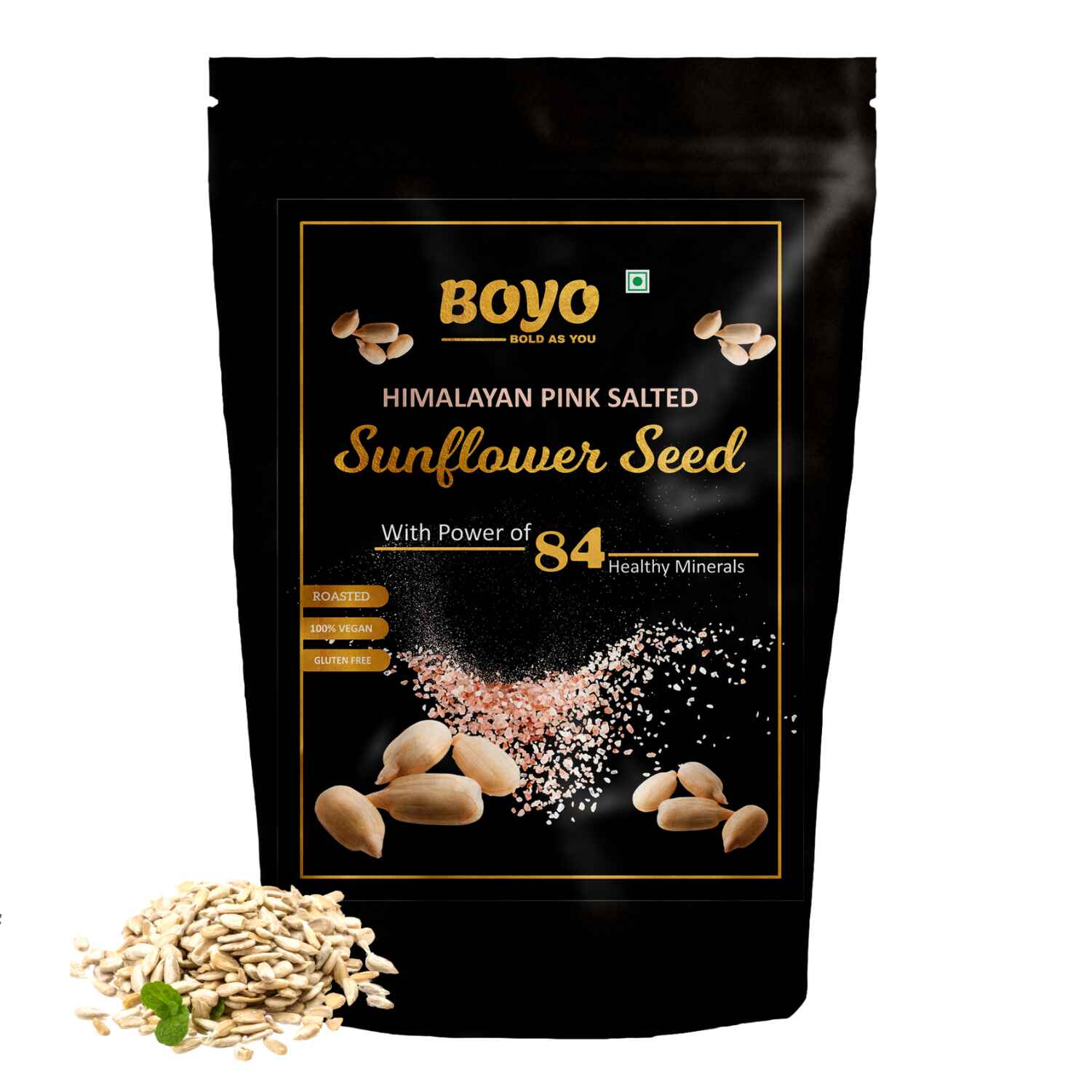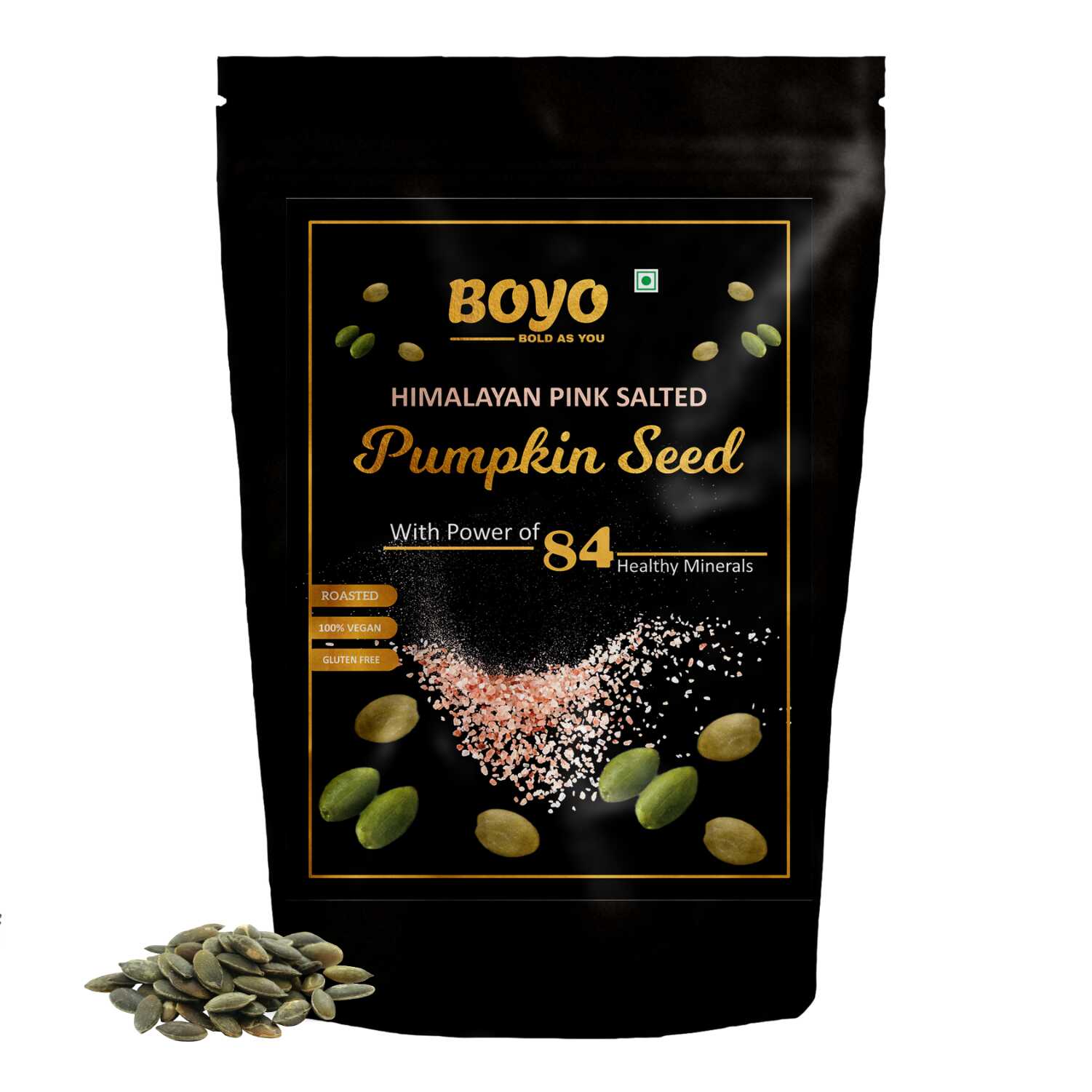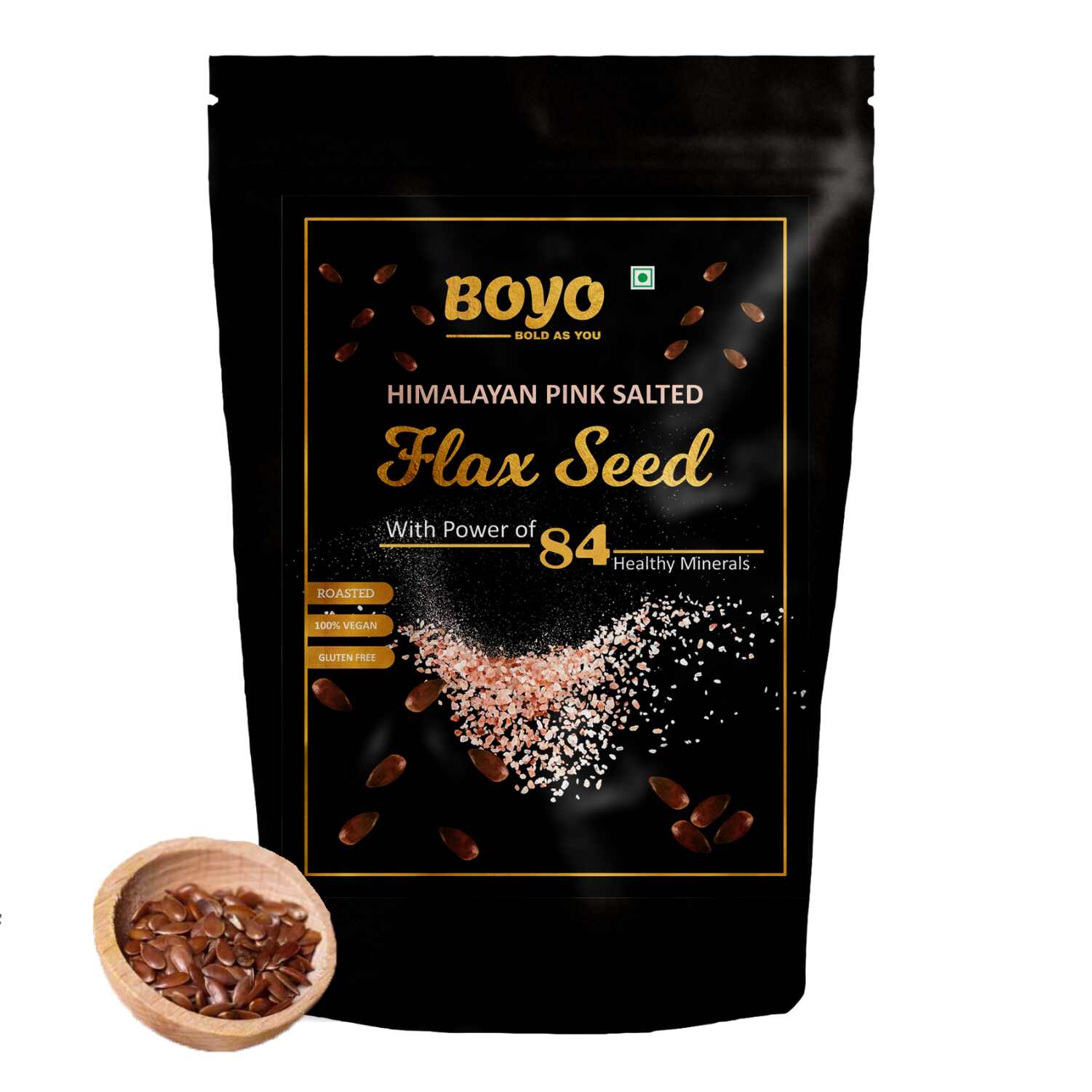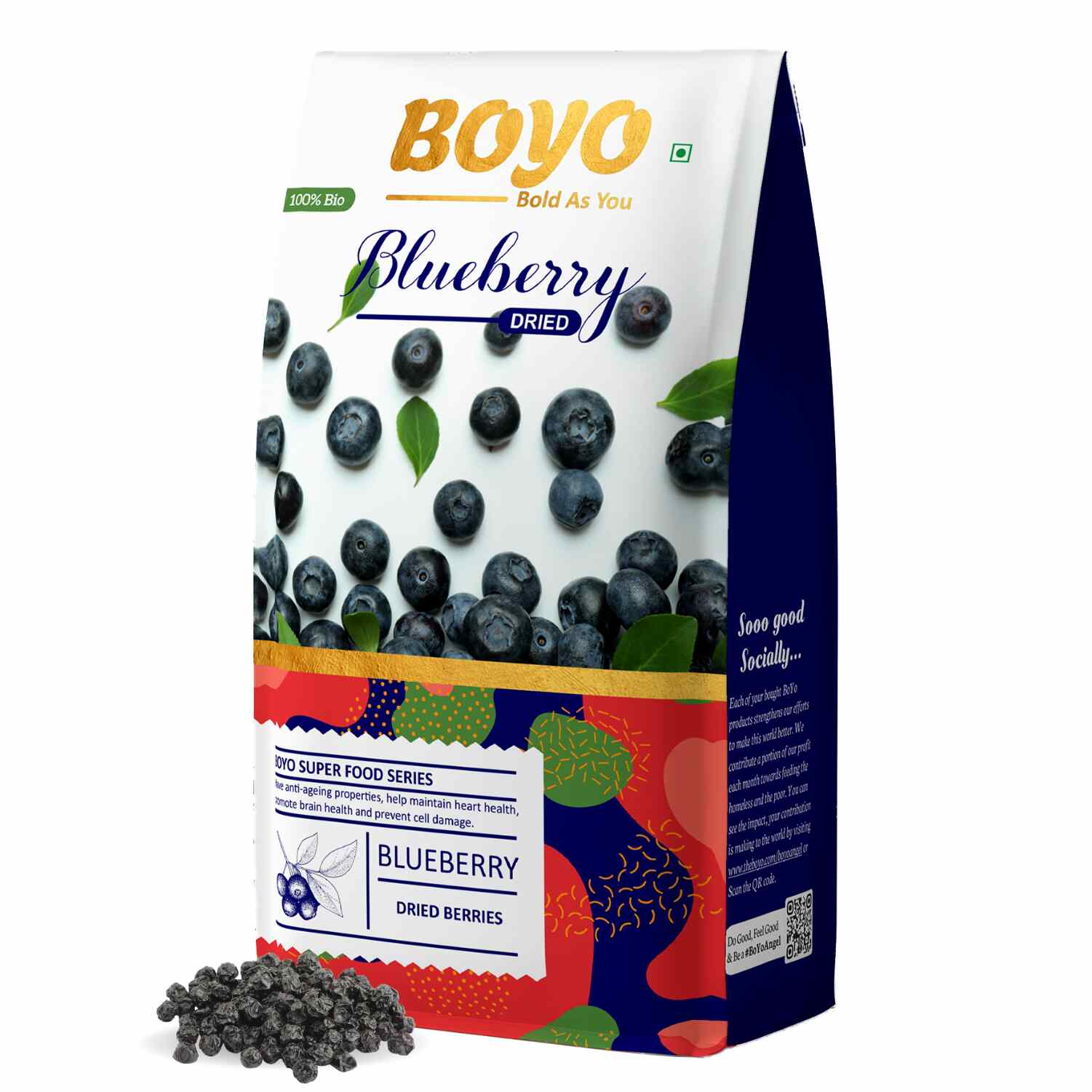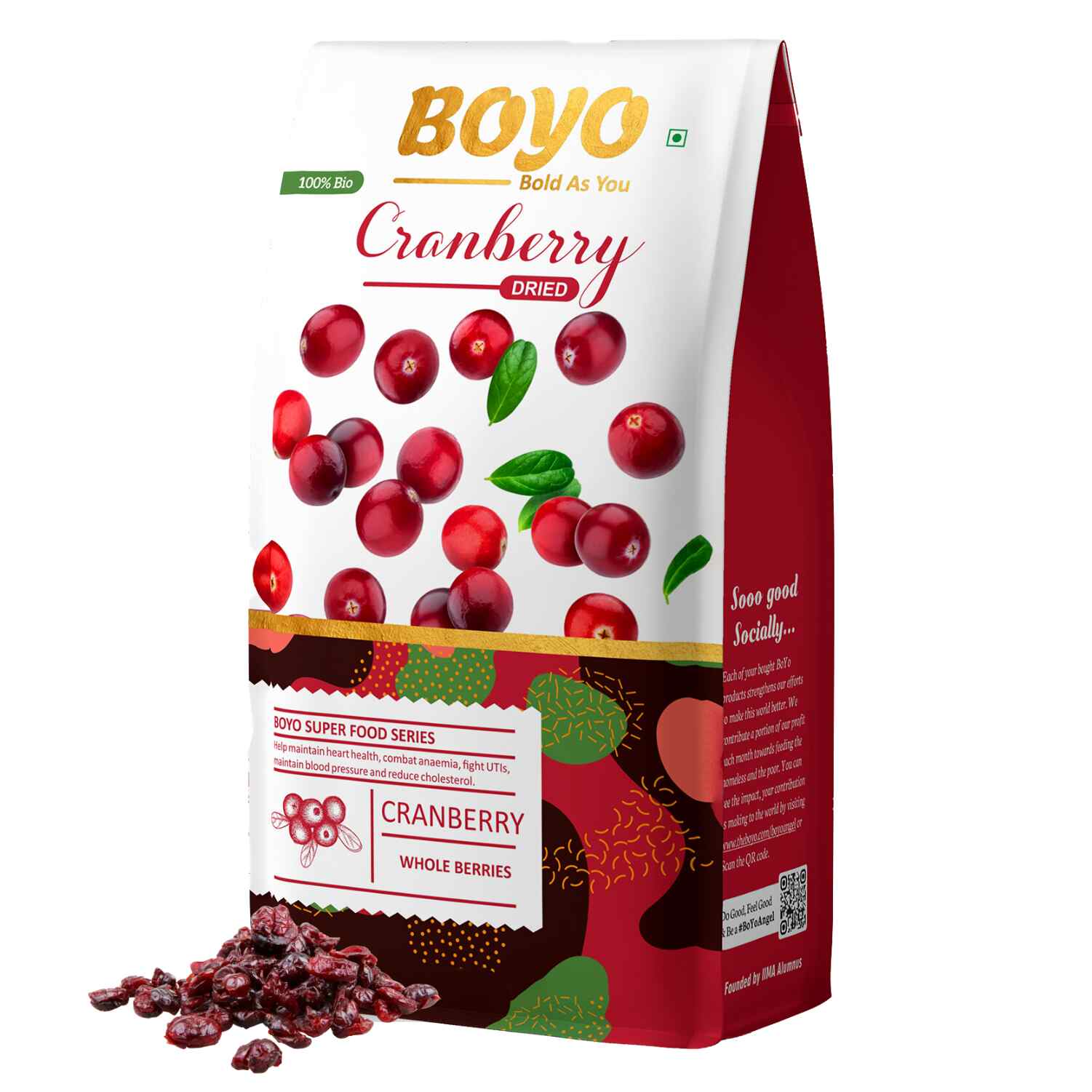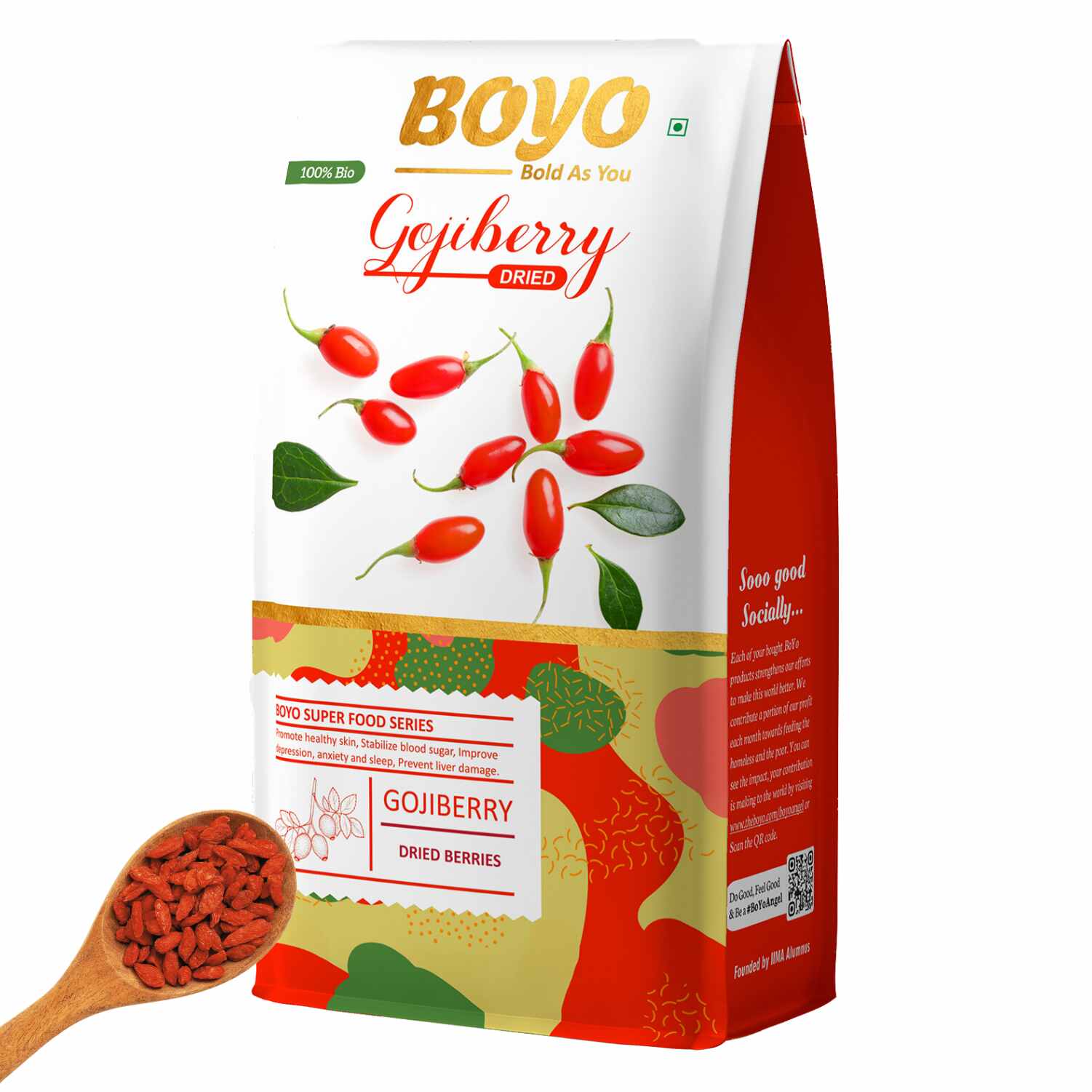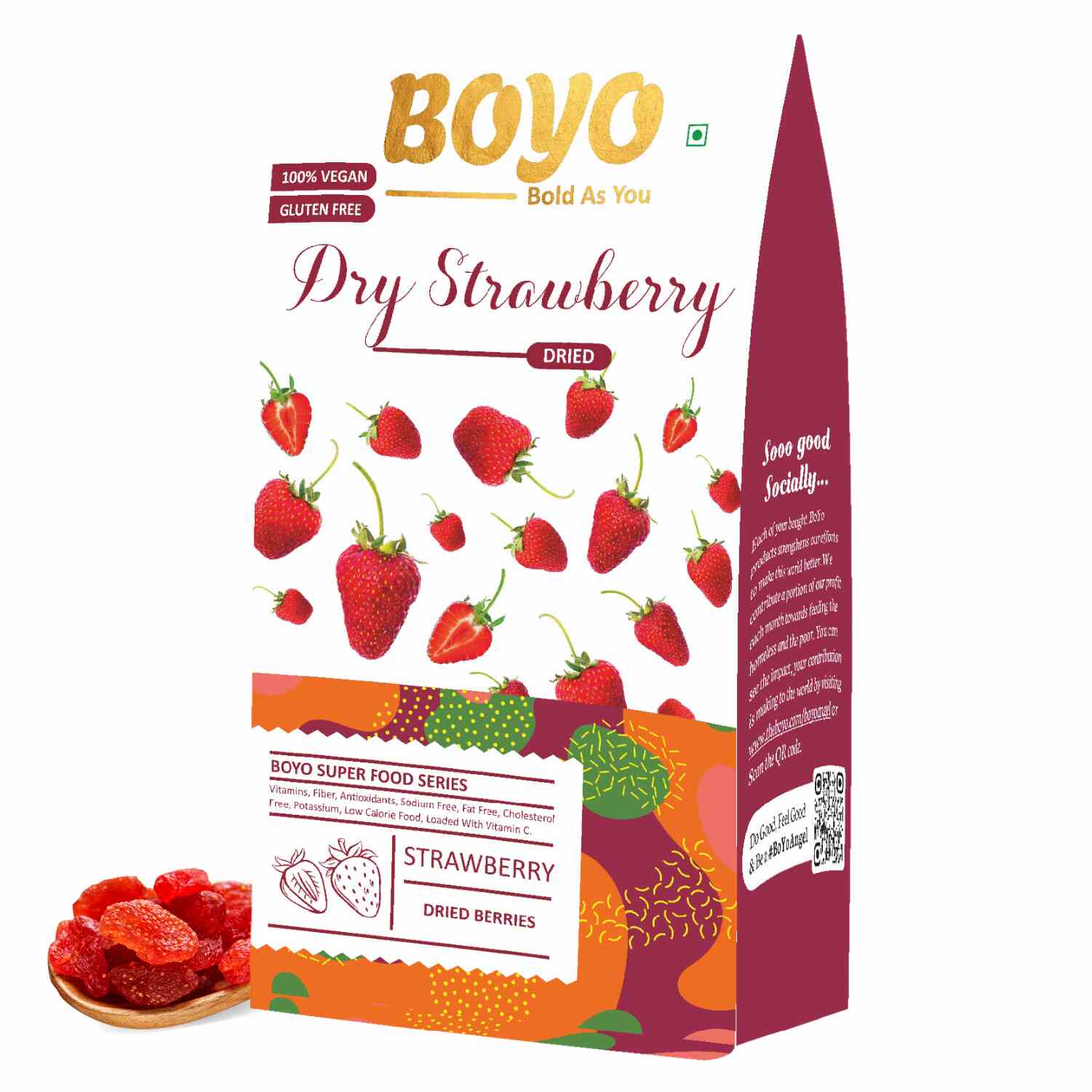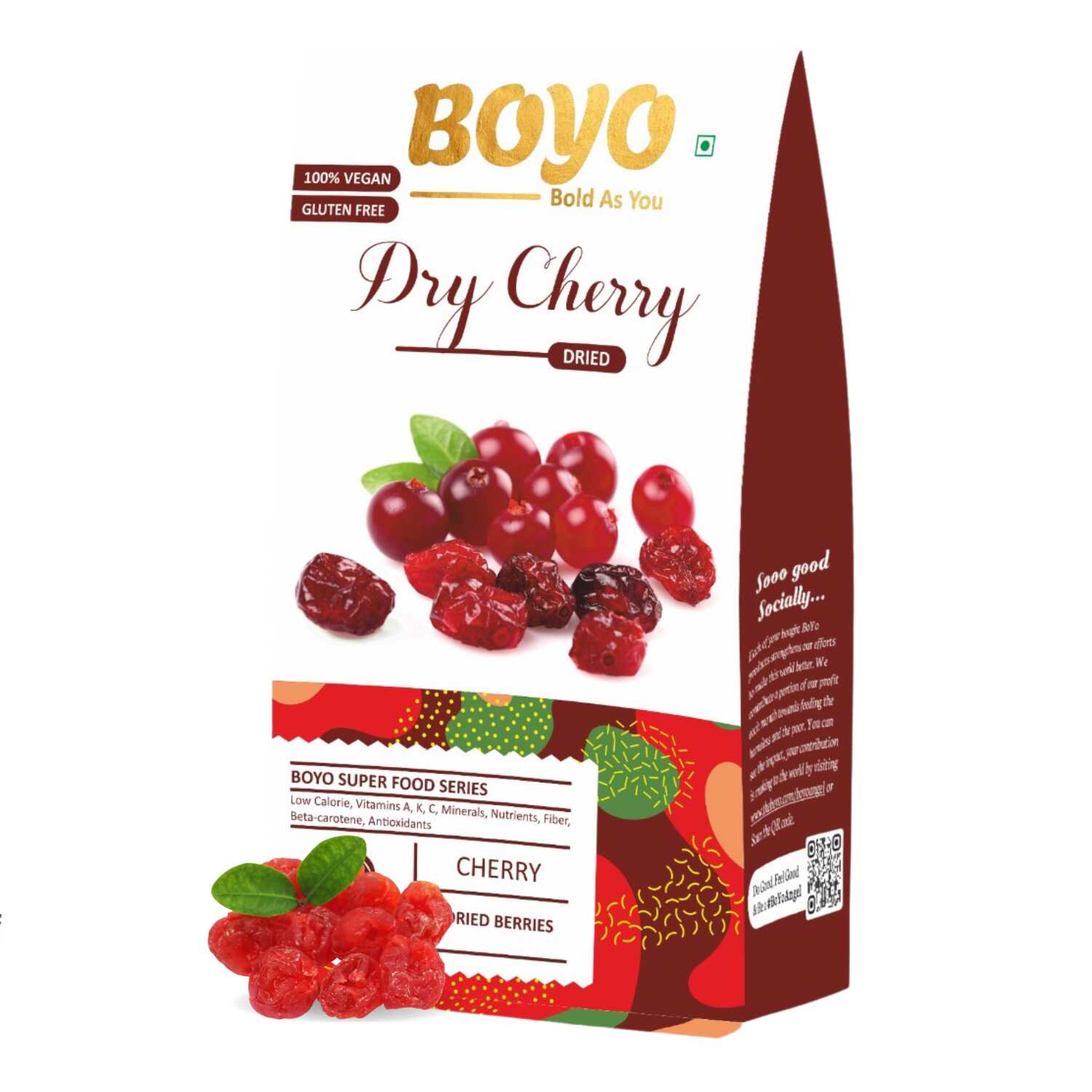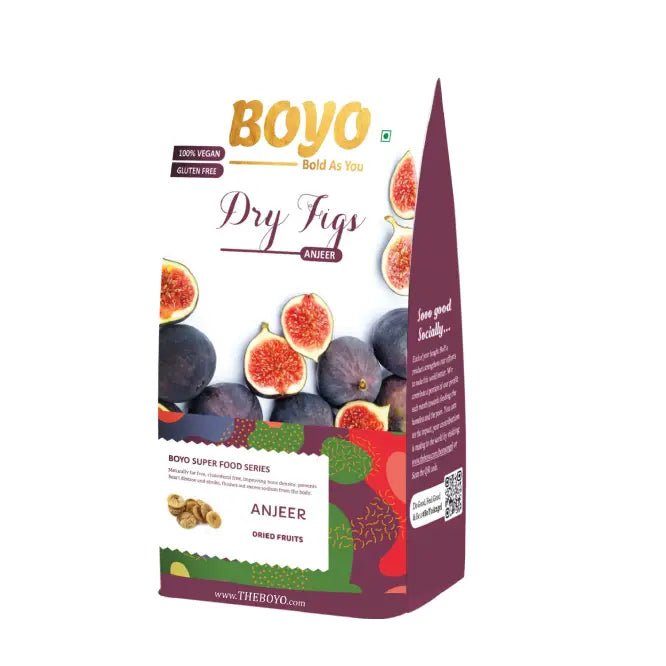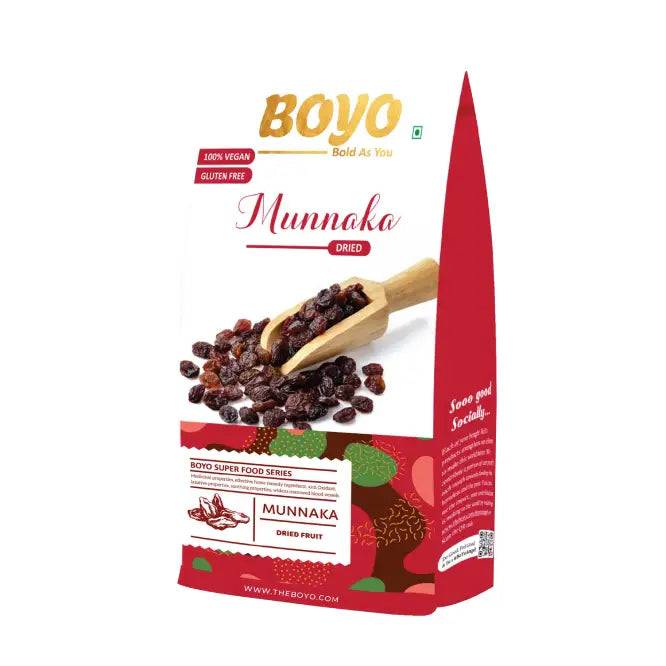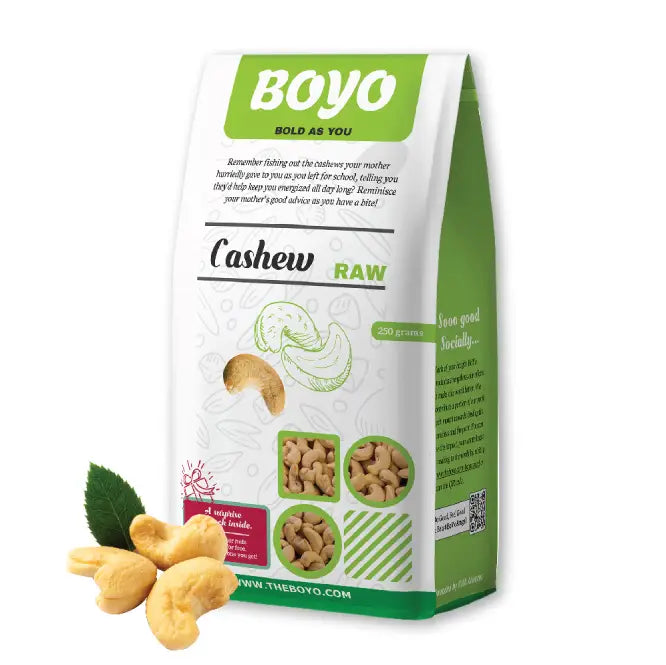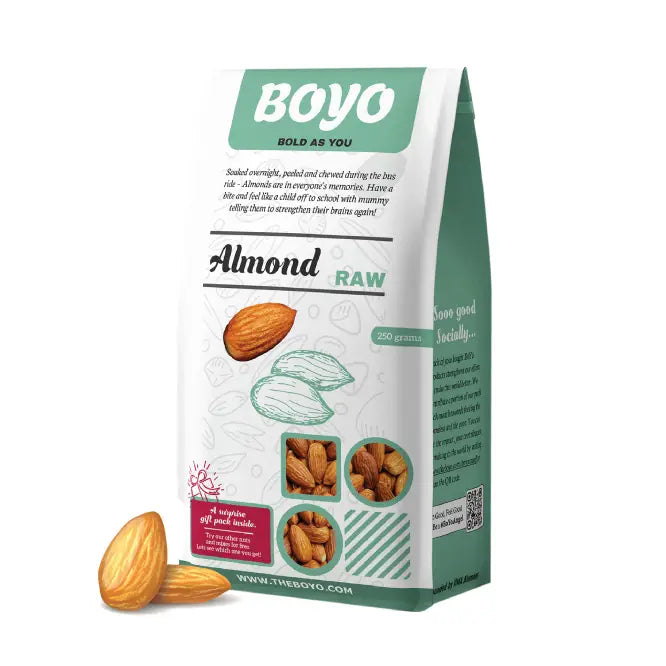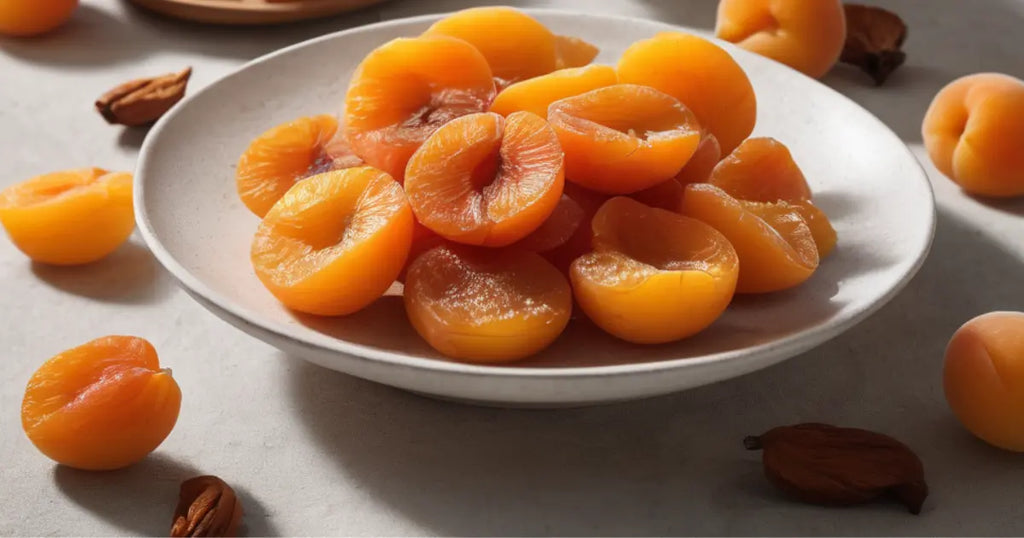
The Ultimate Guide to Apricot (khubaanee) Health Benefits and Uses

What is Apricot?
An apricot is a small, round fruit with a smooth, velvety skin that ranges in color from yellow to orange. It has a sweet and slightly tart flavor, and its flesh is juicy and orange with a large, hard pit or stone in the center. Apricots are a good source of vitamins, particularly vitamin C and vitamin A, as well as dietary fiber. They are often eaten fresh, dried, or used in various culinary applications such as jams, desserts, and sauces.
Benefits of Apricot
-
Rich in Nutrients: Apricots are a good source of vitamins C and A, potassium, and dietary fiber. Vitamin A is essential for vision health, while vitamin C is an antioxidant that supports the immune system.
-
Eye Health: The high levels of vitamin A in apricots contribute to maintaining good eye health and may help prevent age-related macular degeneration.
-
Digestive Health: The dietary fiber in apricots promotes healthy digestion by preventing constipation and supporting regular bowel movements.
-
Heart Health: Potassium in apricots helps for blood pressure and maintain cardiovascular health. The fiber and antioxidants may also contribute to heart health.
-
Skin Health: Vitamin A and antioxidants in apricots are beneficial for the skin, promoting a healthy complexion and potentially protecting against skin damage.
-
Antioxidant Properties: Apricots contain various antioxidants, including beta-carotene and quercetin, which help neutralize free radicals in the body and may reduce oxidative stress.
-
Weight Management: The fiber content in apricots can help with weight management by promoting a feeling of fullness and supporting a healthy metabolism.
-
Cancer Prevention: Some studies suggest that the antioxidants in apricots may have protective effects against certain types of cancers.

Nutrition Value as per 100gm
| Calories | 657Kcal |
| Total Fat | 68g |
| Saturated Fat | 14g |
| Sodium | 4mg |
| Carbohydrate | 11g |
| Dietary Fiber | 7.1g |
| Sugar | 3.6g |
| Protein | 14g |
How to add Apricot in our Daily Diet
Incorporating apricots into your daily diet can be delicious and nutritious. Here are some ways to enjoy apricots regularly:
-
Fresh and Whole:
- Enjoy apricots as a quick and convenient snack on their own.
- Slice fresh apricots and add them to salads for a sweet and tangy twist.
-
Dried Apricots:
- Snack on dried apricots for a portable and sweet treat.
- Chop dried apricots and add them to oatmeal or yogurt for added flavor and texture.
-
Smoothies:
- Blend fresh or dried apricots into your morning smoothies for a burst of natural sweetness.
- Combine apricots with other fruits, yogurt, and a liquid base for a refreshing drink.
-
Breakfast Options:
- Top your cereal or granola with fresh apricot slices.
- Mix chopped dried apricots into your pancake or waffle batter.
-
Baking:98
- Incorporate chopped dried apricots into muffins, bread, or cookies for a delightful twist.
- Make apricot preserves or jam to spread on whole-grain toast or crackers.
-
Salads:
- Add fresh apricot slices to green salads or fruit salads for a unique flavor.
- Mix chopped dried apricots into chicken or grain-based salads.
-
Sauces and Glazes:
- Create a savory apricot sauce by blending fresh or dried apricots with herbs and spices. Use it as a glaze for meats or a dipping sauce.
- Combine apricot preserves with a bit of water and heat to make a simple glaze for roasted vegetables.
-
Yogurt Parfait:
- Layer yogurt with fresh apricot slices, granola, and a drizzle of honey for a tasty and nutritious parfait.
-
Apricot Tea:
- Brew apricot herbal tea for a flavorful and caffeine-free beverage.
- Add dried apricot slices to hot tea for a natural sweetener and added depth of flavor.
Apricot Delight Recipe
Apricot Delight can refer to various recipes or products featuring apricots. Here's a simple recipe for an Apricot Delight dessert:
Ingredients:
-
2 cups dried apricots
-
1 cup water
-
1 cup sugar
-
1 cup chopped nuts (such as almonds or walnuts)
-
1 cup shredded coconut
-
1 teaspoon vanilla extract
-
Powdered sugar for dusting (optional)
Instructions:
-
Soak Apricots:
- In a saucepan, combine dried apricots and water.
- Simmer over medium heat until the apricots are soft and have absorbed most of the water.
-
Sweeten Apricots:
- Add sugar to the softened apricots and continue cooking, stirring constantly until the mixture thickens.
-
Add Nuts and Coconut:
- Stir in chopped nuts, shredded coconut, and vanilla extract.
-
Shape and Cool:
- Remove the mixture from cool and let it heat slightly. Once it's cool enough to handle, shape the mixture into small bite-sized balls or squares.
-
Optional Dusting:
- If desired, you can dust the apricot delights with powdered sugar for a finishing touch.
-
Enjoy:
- Once set, your Apricot Delights are ready to be enjoyed. They make a sweet and fruity treat for any occasion.
How to Apricot weight Loss ?
Apricots can be a healthy addition to a weight loss plan due to their nutritional profile and low calorie content. Here are some ways apricots can support weight loss:
1. Low in Calories: Apricots are relatively low in calories, making them a satisfying and nutritious snack without contributing significantly to your overall calorie intake.
2. High in Fiber: The fiber in apricots promotes a feeling of fullness, reducing the likelihood of overeating. This can be beneficial for controlling calorie intake and supporting weight loss.
3. Rich in Nutrients: Despite being low in calories, apricots are rich in essential vitamins and minerals, including vitamin A, vitamin C, and potassium.
4. Natural Sweetness: The natural sweetness of apricots can help satisfy sugar cravings in a healthier way, reducing the consumption of high-calorie, sugary snacks.
5. Hydration: Apricots have a high water content, contributing to overall hydration. Staying hydrated is important for weight loss as it can help control appetite and support metabolism.
6. Versatile Snack: Enjoy apricots as a standalone snack, add them to salads, or incorporate them into various dishes. Their versatility makes it easy to include them in a balanced and varied diet.
Conclusion
Apricots are a flavorful addition to any diet, offering a wealth of benefits. Packed with vitamins A and C, potassium, and fiber, they support eye and heart health, aid digestion, and contribute to radiant skin. Whether enjoyed fresh, dried, or incorporated into various dishes, apricots provide a delicious and nutritious way to enhance overall well-being.
FAQ
1.What are the potential health risks or side effects associated with consuming apricots?
While apricots are generally considered safe and nutritious, some individuals may experience allergic reactions to apricots or other fruits in the same family, such as peaches. Additionally, excessive consumption of apricots can lead to digestive issues due to their fiber content. The pits of apricots contain amygdalin, which can release cyanide when metabolized in large quantities, posing a potential health risk. It's essential to consume apricot pits in moderation.
2. Can apricot pits be consumed, and do they have any health benefits?
Apricot pits can be consumed, but caution is advised due to the presence of amygdalin, which can release cyanide. Some people believe that apricot kernels have health benefits, such as anti-cancer properties. However, scientific evidence supporting these claims is limited, and consuming large amounts of apricot pits can be toxic. It's crucial to consult with a healthcare professional before incorporating apricot pits into your diet.
3. What are some traditional dishes or recipes that use apricots as a primary ingredient?
Apricots are used in various culinary traditions to create both sweet and savory dishes. Some examples include:
- Apricot jam or preserves
- Apricot-glazed chicken or pork
- Apricot chutney
- Apricot tarts or pies
- Apricot-stuffed pastries
- Apricot compote served with desserts or as a topping for yogurt
4. What is the typical size and color of a mature apricot fruit?
Mature apricot fruits are typically small to medium-sized, with a diameter ranging from 1.5 to 2.5 inches (3.8 to 6.4 cm). The color can vary but is often a golden or orange hue with a slightly reddish blush on one side. The skin is velvety and may have a smooth or slightly bumpy texture.
5. What is the Scientific Name of Apricot?
The scientific name of the apricot is Prunus armeniaca.















